
Tensions Flare as U.S. and China Clash Over Taiwan at Shangri-La Dialogue
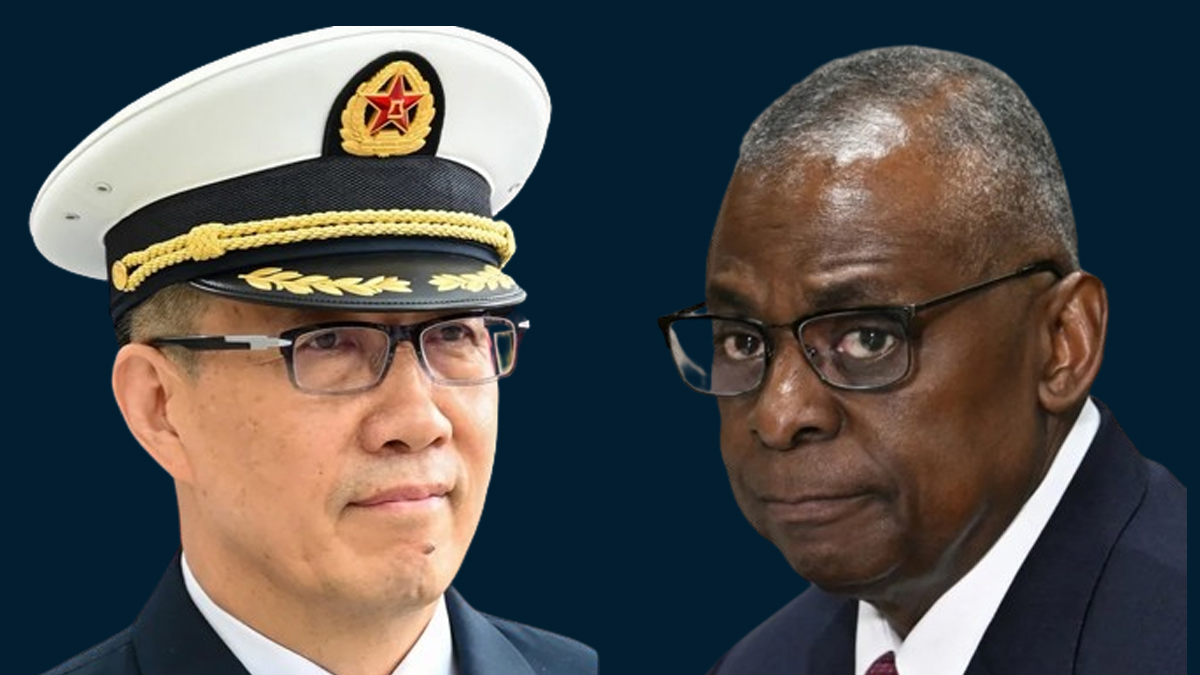
In a charged atmosphere at the Shangri-La Dialogue in Singapore, the U.S. and Chinese defense chiefs, Secretary Lloyd Austin and Minister Dong Jun, engaged in their first face-to-face meeting in two years, primarily focusing on the escalating tensions surrounding Taiwan. While both sides stressed the importance of maintaining open military-to-military communications, their discussions underscored deep-rooted disagreements on key geopolitical issues.
U.S. Defense Secretary Austin expressed significant apprehension over recent Chinese military activities near Taiwan, particularly in light of the island’s recent presidential election and the inauguration of President Lai Ching-te. Major General Patrick Ryder highlighted Austin’s concerns, stating that provocative actions by the People’s Liberation Army (PLA) around the Taiwan Strait were troubling, and cautioned against leveraging Taiwan’s democratic processes for coercive measures.
In response, Minister Dong Jun warned against U.S. interference in China’s handling of Taiwan, characterizing such actions as a violation of past commitments and a tacit endorsement of separatist movements within Taiwan. Despite these stark differences, both parties acknowledged the necessity of maintaining open channels of communication, with a senior U.S. defense official describing the meeting as a pivotal step forward in this regard.
Beyond the Taiwan issue, discussions also touched upon broader regional security concerns, including the ongoing conflicts in Ukraine and Gaza, as well as the contentious territorial disputes in the South China Sea. The impending speech by Philippine President Ferdinand R. Marcos Jr. further underscored the complex dynamics at play, with expectations high for his commentary on the legal and geopolitical status of the Philippines in relation to the South China Sea.
The Philippines, among other claimant states, has long contested China’s expansive territorial claims in the South China Sea, a sentiment likely to be echoed by President Marcos Jr. during his address. Despite a 2016 ruling by the Hague-based Permanent Court of Arbitration rejecting Beijing’s claims, tensions in the region remain palpable, exacerbated by China’s assertive military posturing.
Meanwhile, Taiwan’s Defence Minister Wellington Koo voiced hopes for de-escalation, stressing that peace and stability could be upheld if China refrained from provocative military maneuvers. Recent reports by the International Institute of Strategic Studies (IISS) have highlighted a surge in Chinese military exercises, contributing to regional instability despite efforts by both the U.S. and China to bolster their military presence across Asia.
As the 21st edition of the Shangri-La Dialogue unfolds, global leaders confront a complex web of security challenges, with Taiwan emerging as a focal point of contention between the world’s two preeminent powers. While dialogue remains essential for managing these tensions, the path towards lasting peace and stability in the Indo-Pacific region remains fraught with uncertainty.
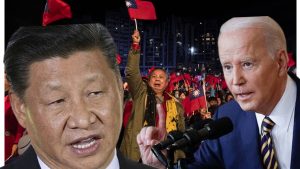
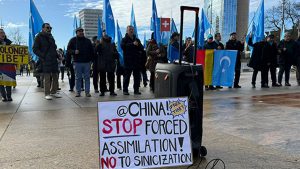
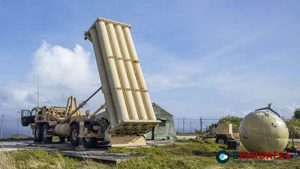
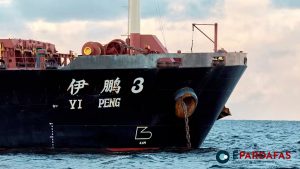
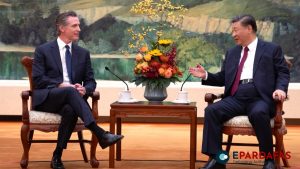
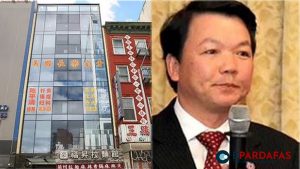





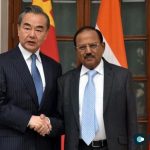
Comments